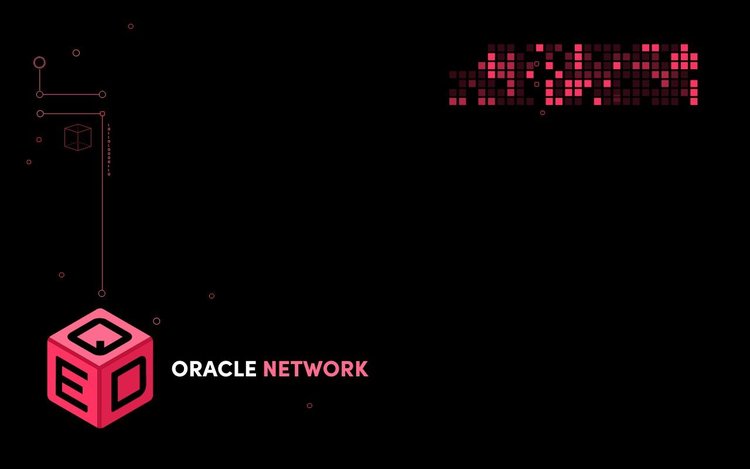The QED protocol is an oracle aggregating protocol which can eliminate systemic risks by demanding oracles to provide collateral as a bond to their smart contracts.
In a series of tweets, the protocol's developers explained that by supplying a staking bond attached to their smart contracts, the oracle provider is incentivized to provide accurate data. At the same time, the arrangement, asking for a collateral deposit, creates a free-market mentality where oracles supplying high-quality data earn more. Erroneous oracles whose collateral is consistently slashed would post diminishing returns to the point of redundancy.
Their solution is aimed more at resolving the veracity question that arises in oracles and smart contracting. Sophisticated as they are, smart contracts are code that can discern the quality of data provided trigger conditions are met. As such, there might be loopholes that could be exploited by agents leading to losses after the immutable execution of smart contracts.
0rigin, the QED protocol developer, is building an oracle aggregator with baked-in commercial prerequisites for incentivization to improve trust and, subsequently, the quality of smart contract-triggering data.
Aggregator Oracle and Trust Capitalization
The QED protocol is blockchain-independent. Its incentivizing model demonstrates the commercial viability of trust capitalization by rewarding node operators who prioritize accuracy.
Origin observes that existing oracle solutions are not designed for commercial dApps. They often note that the same aggregation formula, risk checks and accuracy measures in competing protocols like Chainlink are used without any consideration of the commercial risk involved. Accuracy problems, therefore, expose oracle-reliant enterprises to risks that can be avoided if a different approach was in place.
To resolve this pain point, the middleware links dApps with reliable, tamper-proof data. By introducing external collateral proportionate to the existing risk, enterprises are completely shielded throughout the execution cycle. Notably, the collateral required is outside of QED's ecosystem, which eliminates risks that would otherwise be embedded in the whole process.
Additionally, QED uses a reputation system where its oracles are ranked depending on how well they are capital efficient. All losses are restituted from collaterals deposited by QED oracles supplying inaccurate data. Notably, all claims are disbursed after the execution of smart contracts.
There will be one billion QED tokens, of which 400 million will be the initial circulating supply. The remaining will be minted through an Oracle fee structure. QED plans to distribute QED tokens as their solution gains traction. This distribution is designed to incentive ownership, helping build a healthy ecosystem where oracles supply accurate data. Highly accurate oracles will -using QED tokens- vote on changes and gradually take ownership of the decentralized protocol.
An Oracles Marketplace
QED's inclination of accuracy and incentivizing global accuracy from their node operators tasked with reaching consensus and supplying tamper-proof, immutable data, developers say, is QED's unique selling point. The protocol automatically rebalances collateral and economic incentives, subsequently creating a fair-value exchange environment.
Under this condition, the marketplace evolves for oracles to discover pricing adjusting to the prevailing market conditions. Out of this, QED developers expect their system will scale both technically and commercially while concurrently unlocking the vast potential of decentralized economies - an attractive feature for institutions and individuals.
The re-affirmation of QED's risk-elimination features and continuation of decentralization is at the backdrop of their integration with the UX Network—an enterprise blockchain for launching dApps, AXE and UtilityX.



